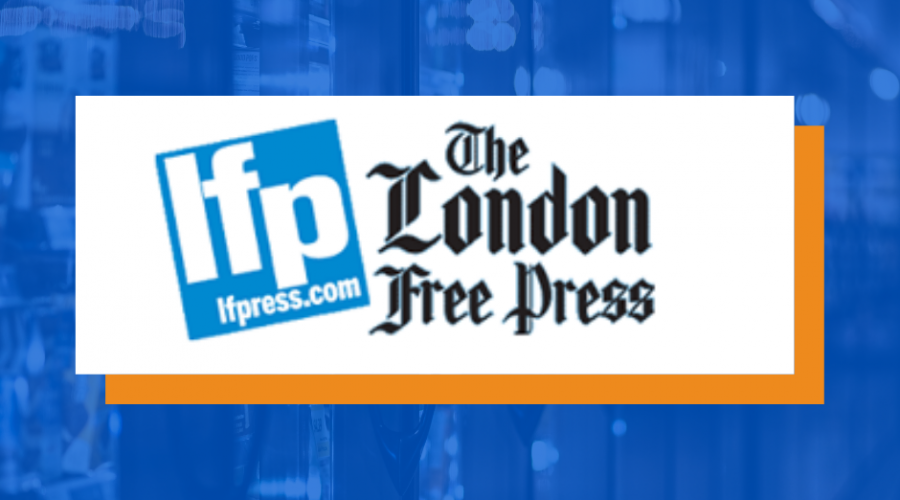Three years on, we need to relax cannabis regulation
Moving away from the ‘one size fits all’ approach would help make Canada’s legal cannabis market more consumer-friendly Author of the article:
Three years ago Sunday (October 17, 2018), Canada legalized adult-use recreational cannabis. The Trudeau government deserves credit for making this happen, as most Canadians had for some time believed that the consequences of prohibition outweighed whatever negatives would arise from legalization. That said, the Cannabis Act is now three years old, and it needs to be amended to make the legal cannabis market more consumer- and patient-friendly.
A good first step would be to remove “CBD” products from the Cannabis Act altogether. CBD stands for “cannabidiol,” a chemical found mainly in hemp, which itself is low in THC. On its own, CBD has a variety of medicinal and wellness uses. CBD is used to treat seizures, joint pain and inflammation, and as a sleep aid. Because CBD products are not psychoactive and have a significantly lower risk profile they shouldn’t be regulated the same as cannabis products containing THC. Any CBD product with a THC concentration of less than 0.3 per cent (the U.S. legal standard) should be treated as a natural health product. Moving away from the “one size fits all” approach would help make Canada’s legal cannabis market more consumer-friendly in a number of ways.
First, it would exempt CBD products from the heavy-handed marketing, branding and packaging restrictions set out in the Cannabis Act. Regulating cannabis like tobacco rather than alcohol was a huge mistake, given the differences in risks between the two products. But treating CBD products like tobacco is downright silly.
Beyond chipping away at the paternalism built into the Act, exempting CBD would dramatically increase consumer access. The markets for CBD wellness products and beverages, including sports drinks, likely would expand significantly, especially if these products could be sold outside of licensed cannabis retailers, which in many provinces are in short supply. Even in Ontario, which has opened up retail access, some cities — Oakville is one — have maintained their cannabis retail ban. Under a looser regulatory regime, CBD products would be beyond the reach of nanny-state local councilors.
On the industry side, removing CBD products from the Cannabis Act could help reduce the current glut of over one billion grams of cannabis. Freeing the CBD market from the Act would allow producers with too much cannabis on their hands to simply extract the THC and make CBD products.
Reform of the Act should also address the excise tax system for cannabis. Medical cannabis should be exempt, period. We don’t have extra taxes for other medicines. Why this one? Removing the tax may also have the benefit of encouraging medical patients to purchase legal medical cannabis, rather than be pushed into growing their own with a Health Canada permit, an avenue that has regularly been found to be supplying the illicit market.
For recreational users, the $1/gram excise tax should be replaced with a floating percentage. The minimum excise of $1/gram artificially inflates prices, limits the availability of discount brands, and hurts the craft cannabis industry. More competition on price would obviously benefit consumers, but it would also help chip away at black market sales, which are still running at $750 million a year.
Finally, the act should be amended so that the rules for cannabis marketing and promotion are the same as those for alcohol. A legal cannabis brand should be allowed to sponsor events, advertise more broadly, creatively brand its packages, use spokespeople or endorsements, and provide discounts and other inducements for sales — all of which are allowed for alcohol.
To their credit, some provinces have done what they can to make their legal cannabis market more consumer friendly. Ontario, for example, has made significant progress in expanding retail access, and has just committed to permanently legalizing curbside pickup and delivery for cannabis retail stores. These changes at the provincial level are in large part why legal cannabis sales surpassed illegal sales for the first time in the third quarter of 2020.
The provinces seem to be committed to expanding consumer access. With the Cannabis Act now three years old, it’s time for the federal government to step up, too.
Originally published here

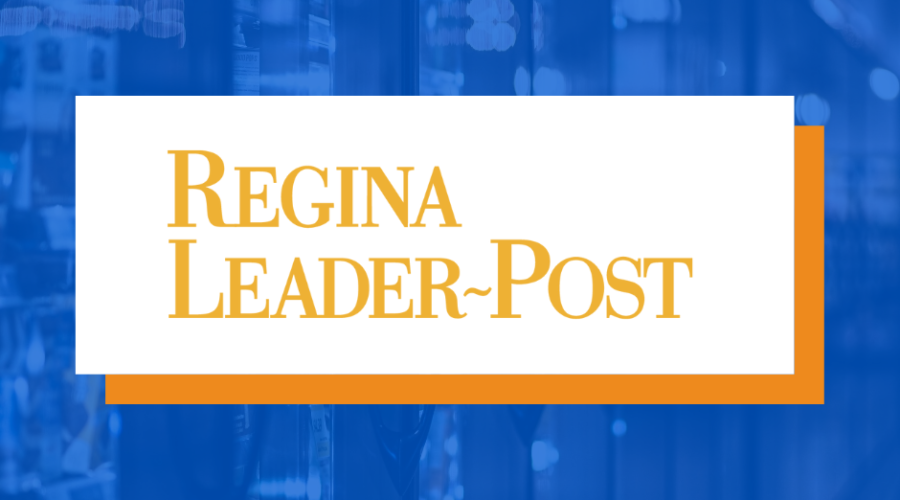
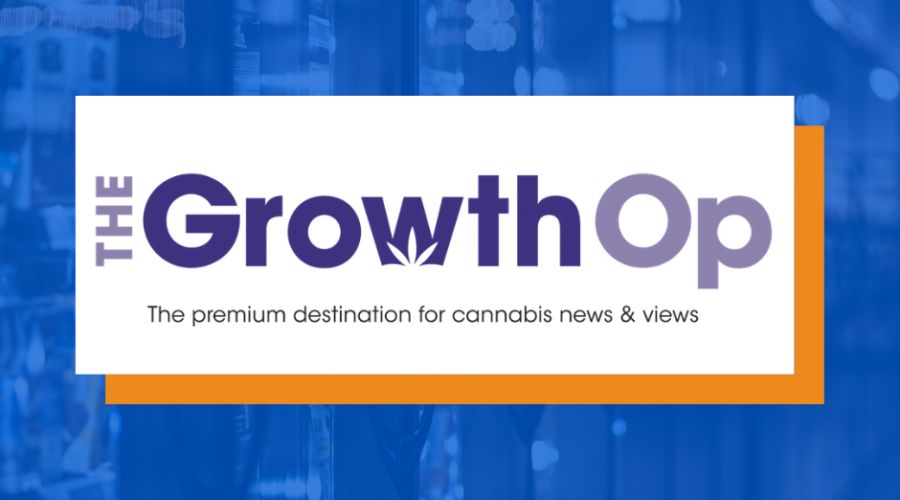
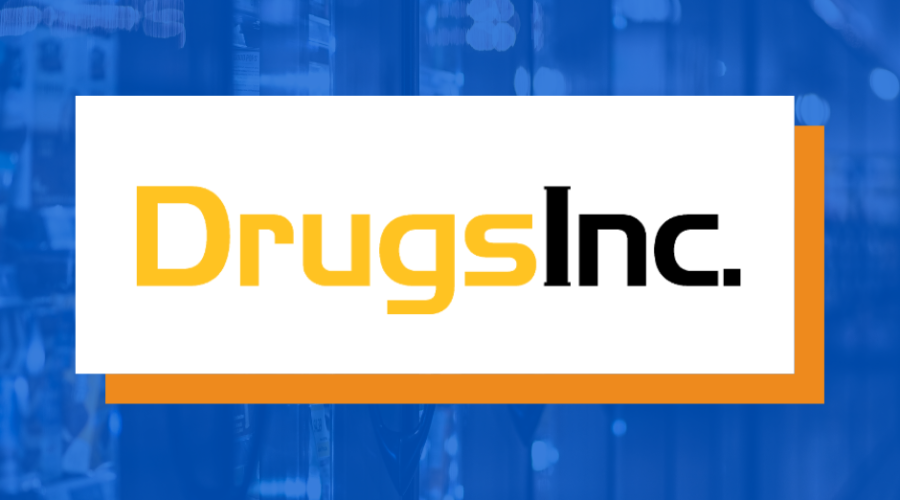
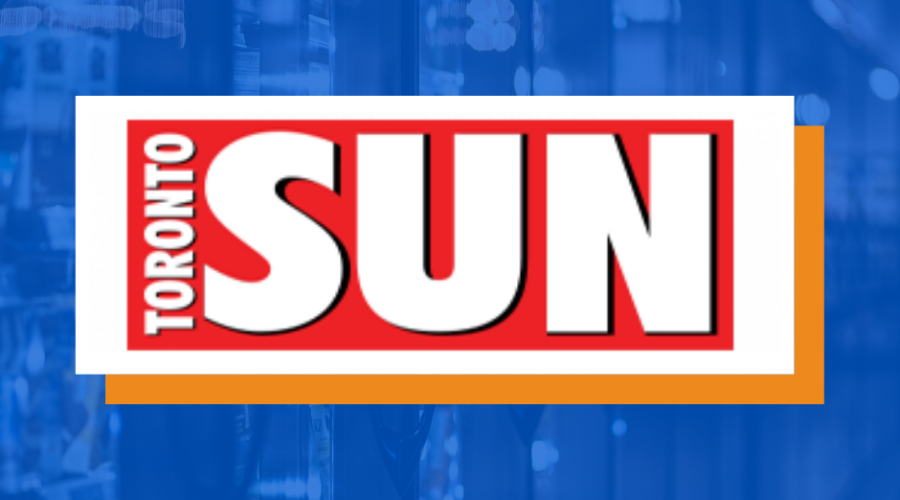

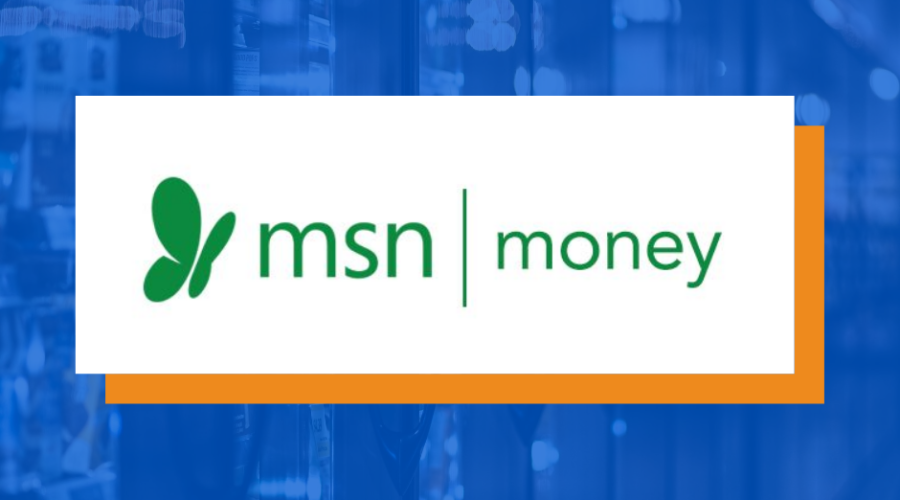
 © Provided by Pittsburgh Post-Gazette
© Provided by Pittsburgh Post-Gazette
